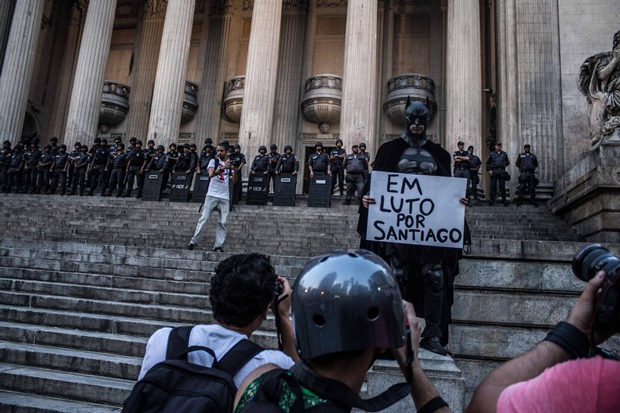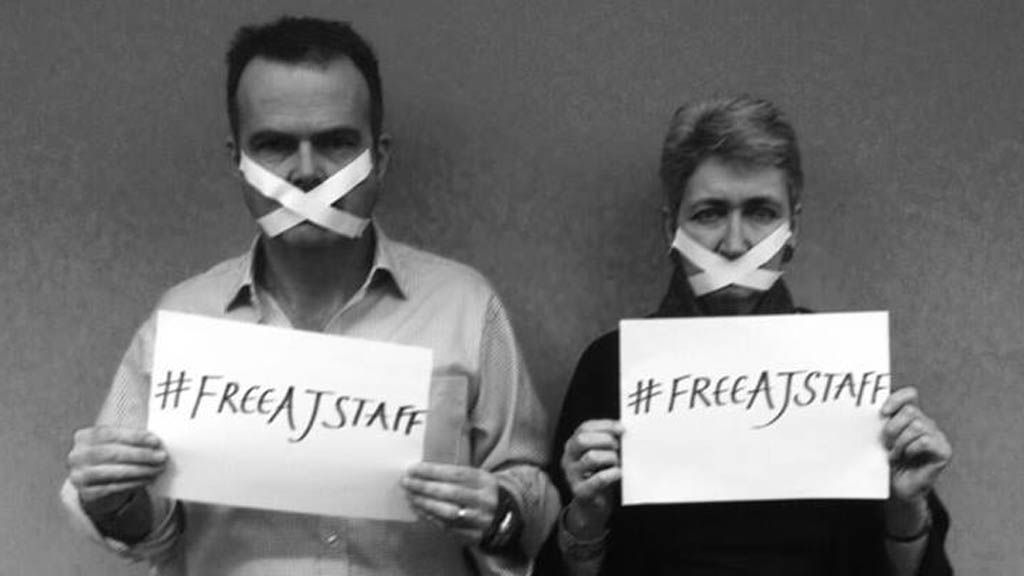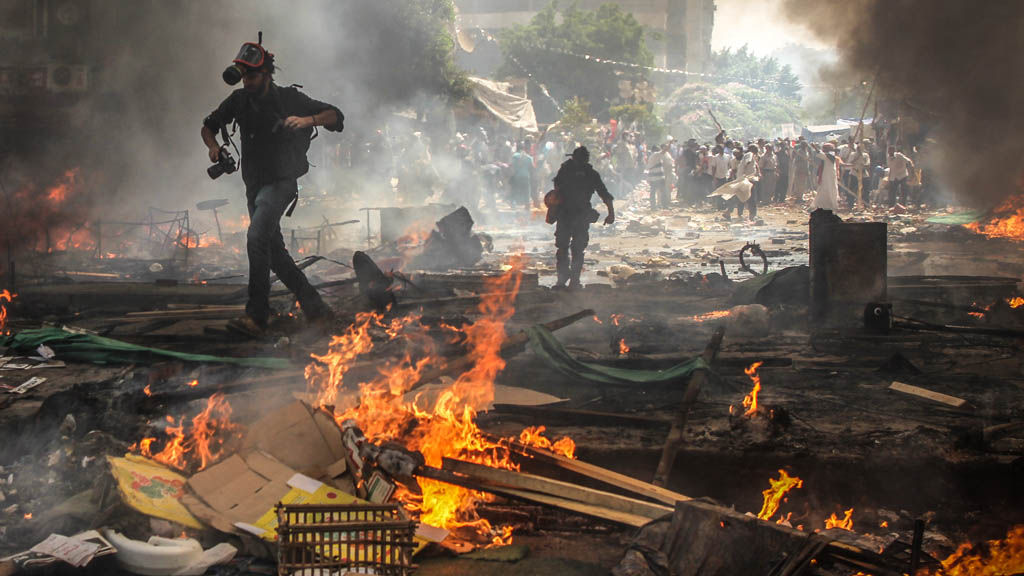
SECURITY AGENTS STILL HOUND JOURNALIST AFTER DETAINING, TORTURING HIM
PUBLISHED ON TUESDAY 25 FEBRUARY 2014.
Reporters Without Borders is appalled by the way the National Intelligence and Security Agency (NISA) is persecuting Mohamed Bare, the director of Mogadishu-based Radio Danan.
Released on 13 February after being held arbitrarily for three days and tortured, Bare received a summons yesterday for interrogation at NISA headquarters.
“Repeated arrests and interrogations are being used to hound the media and, in this case, Radio Danan in particular,” said Cléa Kahn-Sriber, the head of the Reporters Without Borders Africa Desk.
“The intelligence agencies seem to have embarked on a witch-hunt against the media although there are clearly other security priorities in Somalia to which they should be devoting their energies. ”
“Arresting journalists arbitrarily, holding them without charge and mistreating them in detention will just tarnish the image of a government that is trying to establish itself. The new communication minister should use his appointment to defuse tension with the media. We urge the authorities to end the previous government’s policy of hounding and persecuting media personnel and instead to guarantee journalists’ safety.”
In response to yesterday’s summons, Bare went to NISA headquarters today accompanied by Ismail Yussuf, the president of the Somali Independent Media House Association (SIMHA), and other SIMHA representatives. However, instead of being received, he was told to return tomorrow for interrogation.
The summons is linked to the interview he gave to local media after his release in which he named certain NISA officers as the persons who should be held responsible if he was murdered.
NISA officers arrested Bare on 11 February for posting photos on the Radio Danan website showing the Lower Shabelle region’s vice-president after he was injured by a bomb. Bare was arrested on the Sayidka road on the outskirts of Mogadishu along with Radio Haatuf directorIbrahim Mohamed Ali and Radio Antenna technician Abdikarim Fiidow.
The three media workers were taken to NISA headquarters for interrogation and were then held for three days in the NISA’s notorious Mogadishu detention centre, where NISA officers tortured the two radio directors and threatened to kill them if they continued their critical coverage of the government.
NISA officers also raided Radio Danan and threatened its employees for reporting Bare’s arrest. Bare continued to receive threatening phone calls after he and the other two media workers were released on 13 February.
Somalia is ranked 176th out of 180 countries in the 2014 Reporters Without Borders press freedom index.
Photo : Mohamed Bare








